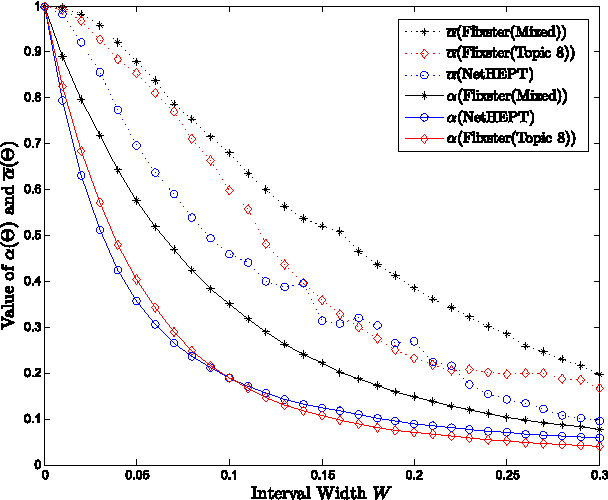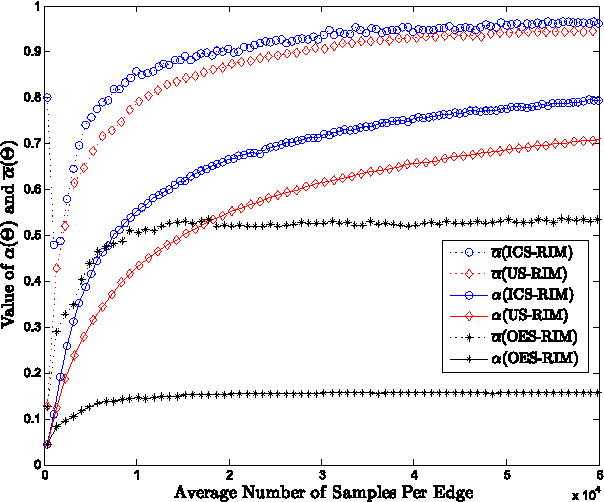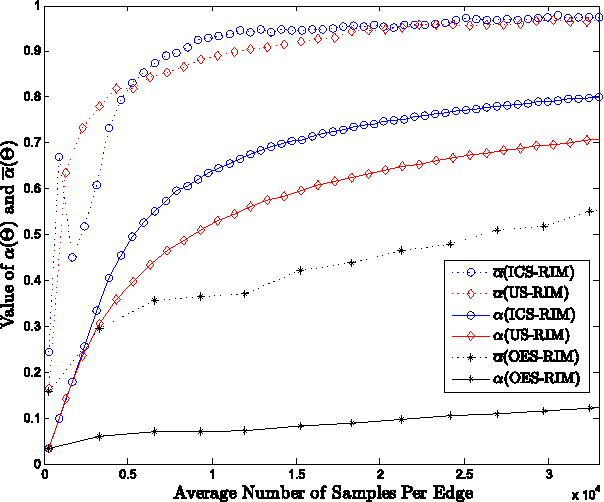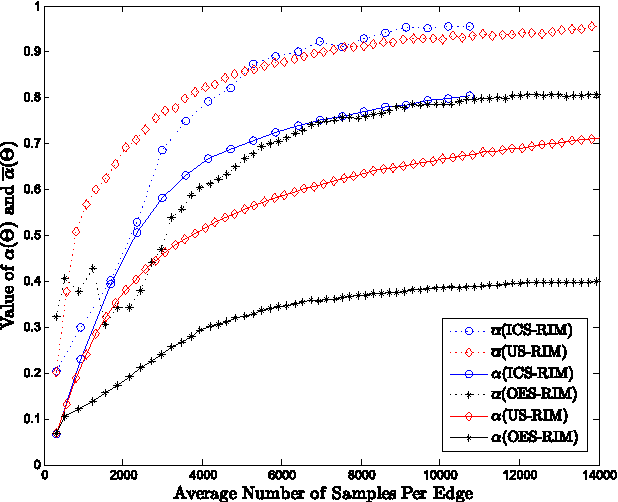Zihan Tan
S2FGL: Spatial Spectral Federated Graph Learning
Jul 03, 2025Abstract:Federated Graph Learning (FGL) combines the privacy-preserving capabilities of federated learning (FL) with the strong graph modeling capability of Graph Neural Networks (GNNs). Current research addresses subgraph-FL only from the structural perspective, neglecting the propagation of graph signals on spatial and spectral domains of the structure. From a spatial perspective, subgraph-FL introduces edge disconnections between clients, leading to disruptions in label signals and a degradation in the class knowledge of the global GNN. From a spectral perspective, spectral heterogeneity causes inconsistencies in signal frequencies across subgraphs, which makes local GNNs overfit the local signal propagation schemes. As a result, spectral client drifts occur, undermining global generalizability. To tackle the challenges, we propose a global knowledge repository to mitigate label signal disruption and a frequency alignment to address spectral client drifts. The combination of spatial and spectral strategies forms our framework S2FGL. Extensive experiments on multiple datasets demonstrate the superiority of S2FGL. The code is available at https://github.com/Wonder7racer/S2FGL.git.
FedSSP: Federated Graph Learning with Spectral Knowledge and Personalized Preference
Oct 26, 2024



Abstract:Personalized Federated Graph Learning (pFGL) facilitates the decentralized training of Graph Neural Networks (GNNs) without compromising privacy while accommodating personalized requirements for non-IID participants. In cross-domain scenarios, structural heterogeneity poses significant challenges for pFGL. Nevertheless, previous pFGL methods incorrectly share non-generic knowledge globally and fail to tailor personalized solutions locally under domain structural shift. We innovatively reveal that the spectral nature of graphs can well reflect inherent domain structural shifts. Correspondingly, our method overcomes it by sharing generic spectral knowledge. Moreover, we indicate the biased message-passing schemes for graph structures and propose the personalized preference module. Combining both strategies, we propose our pFGL framework FedSSP which Shares generic Spectral knowledge while satisfying graph Preferences. Furthermore, We perform extensive experiments on cross-dataset and cross-domain settings to demonstrate the superiority of our framework. The code is available at https://github.com/OakleyTan/FedSSP.
Robust Influence Maximization
Jun 12, 2016



Abstract:In this paper, we address the important issue of uncertainty in the edge influence probability estimates for the well studied influence maximization problem --- the task of finding $k$ seed nodes in a social network to maximize the influence spread. We propose the problem of robust influence maximization, which maximizes the worst-case ratio between the influence spread of the chosen seed set and the optimal seed set, given the uncertainty of the parameter input. We design an algorithm that solves this problem with a solution-dependent bound. We further study uniform sampling and adaptive sampling methods to effectively reduce the uncertainty on parameters and improve the robustness of the influence maximization task. Our empirical results show that parameter uncertainty may greatly affect influence maximization performance and prior studies that learned influence probabilities could lead to poor performance in robust influence maximization due to relatively large uncertainty in parameter estimates, and information cascade based adaptive sampling method may be an effective way to improve the robustness of influence maximization.
 Add to Chrome
Add to Chrome Add to Firefox
Add to Firefox Add to Edge
Add to Edge